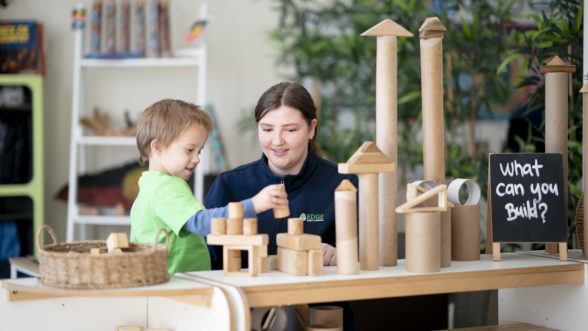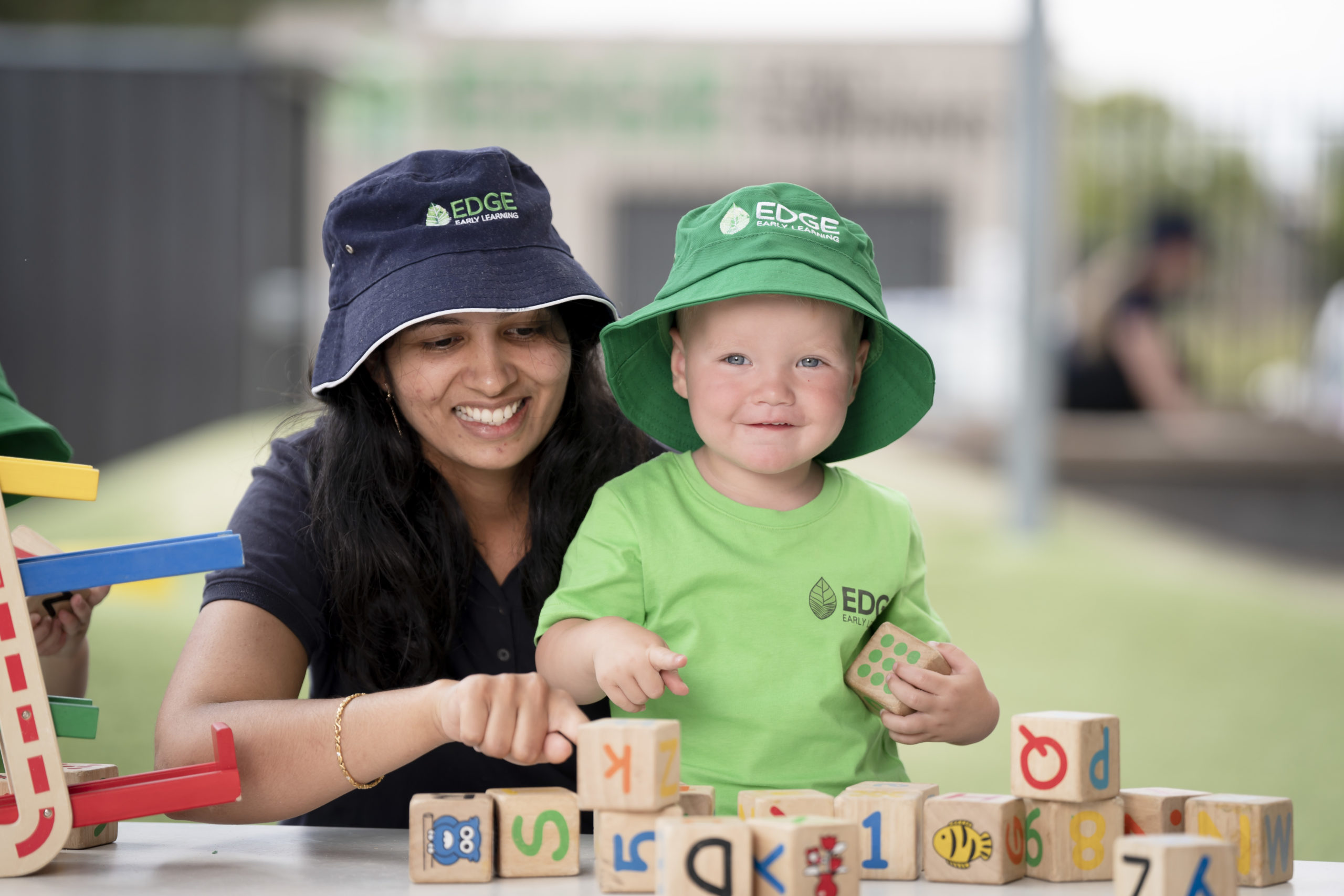
Uncategorised
Education, Uncategorised
08 May, 2025

Early childhood is a really exciting time for children’s speech development. Kids move from not talking at all to being able to communicate their ideas in sentences and tell short stories. There are well-established milestones for children in regard to their speech development and a whole host of reasons why some children fall behind. That’s where speech pathologists can help.
A speech pathologist for children has been specially trained to diagnose why a child may not be meeting milestones for speech development. They provide tailored treatment for communication disorders, such as speech delay, or difficulties with speaking, listening or understanding language. They also work with kids who have difficulty swallowing and children who are non-verbal.
Speaking is a huge part of how we communicate with each other and express our feelings and our likes and dislikes. Not being able to communicate or be easily understood can cause huge frustration for children. It can also impact their ability to learn and to make friends. The role of a speech pathologist is to work with children to help them learn to speak or otherwise communicate, which positively impacts all areas of their lives, particularly improving:
While the word exercise may conjure up images of sweat and gym equipment, speech pathology exercises look more like play. A specialist speech pathologist for children will have a whole kit of fun toys they use to entice children to participate in exercises that are specifically designed to address their particular concerns. There are specialist exercises aimed at articulation, phonological awareness, language comprehension, fluency and pragmatic language. For example:
Before starting treatment, the role of a speech pathologist includes assessing and evaluating a child’s speech, language, cognitive-communication and swallowing abilities. Parents will be asked about their child’s speech and language development, their medical history and when they reached key milestones such as crawling, sitting and walking. The speech pathologist will observe the child playing and interact with them to assess how much they understand and how well they speak.
Some of the common speech disorders and difficulties include:
You can find more information about the reasons for speech delay in children here.
The only difference between Speech Pathologists and Speech Therapists is the name. In Australia, they are usually referred to as Speech Pathologists or, more casually, as “speechies”. To practice in Australia, speech pathologists must have an appropriate university degree and be registered with Speech Pathology Australia.
Speak to your local Edge Early Learning Centre Director before you enrol for more information about how we support children with speech difficulties or delays.